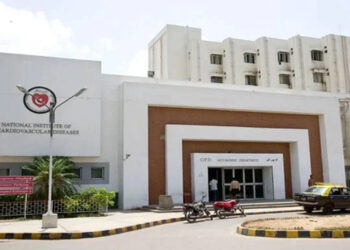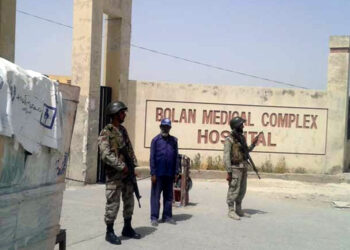![]() Follow Us on Google News
Follow Us on Google News
Negotiations between Pakistan’s government and the opposition party Pakistan Tehreek-e-Insaf (PTI) officially began on Monday, with a high-level meeting held at the Parliament House in Islamabad. The talks, aimed at easing political tensions, have garnered significant attention, though the process started on a tense note, with several key PTI members absent.
The initial round of discussions, led by Speaker Sardar Ayaz Sadiq, included a government delegation composed of prominent figures from the ruling coalition. Government representatives included Pakistan Muslim League-Nawaz (PML-N) leaders Ishaq Dar, Rana Sanaullah, and Irfan Siddiqui, alongside coalition partners Abdul Aleem Khan, Chaudhry Salik Hussain, and Khalid Maqbool Siddiqui. Pakistan People’s Party (PPP) leaders Raja Pervez Ashraf and Syed Naveed Qamar also joined the negotiations.
On the PTI side, only three of the originally announced seven members participated: Asad Qaiser, Allama Raja Nasir Abbas, and Sahibzada Hamid Raza. Key members such as Leader of the Opposition in the National Assembly, Omar Ayub Khan, Khyber Pakhtunkhwa Chief Minister Ali Amin Gandapur, Hamid Khan, and Salman Akram Raja were notably absent, with PTI sources citing prior commitments, including court appearances and cabinet meetings.
The negotiations are crucial, as they mark the first in-camera meeting between the two sides. The primary objective was to finalize the location and the Terms of Reference (TORs) for subsequent talks. National Assembly Speaker Sardar Ayaz Sadiq emphasized that his role was to facilitate the dialogue and that the decisions would be made independently by both parties.
Security at Parliament House was heightened to ensure the talks proceeded smoothly. The meeting was held in Committee Room 5, a space designated for high-level discussions.
PTI’s representatives have made it clear that while they are open to negotiations, they will not compromise on their core demands. Sahibzada Hamid Raza reiterated that PTI is seeking the release of political prisoners, including their founder Imran Khan, and the formation of a judicial commission. Allama Raja Nasir Abbas, meanwhile, called for prioritizing Pakistan’s future in the talks, stressing the importance of the establishment’s role in facilitating the negotiations.
Irfan Siddiqui, a member of the government team, expressed optimism, highlighting that the government approached the talks with sincerity and a focus on national progress. He hoped that the discussions would lead to positive outcomes, built on good intentions and a willingness to move past historical grievances.
Meanwhile, Khalid Maqbool Siddiqui of MQM-P urged both sides to avoid setting preconditions for the talks, emphasizing that mutual understanding and compromise were key to moving forward. He warned that without a spirit of cooperation, the negotiations could falter.
Despite the absence of key figures, the meeting’s commencement signals a potential thaw in the long-standing political standoff between the government and PTI. Both sides have signaled a willingness to engage, though the road ahead remains uncertain, with PTI holding firm on its demands and the government keen to find a path forward focused on national stability.
As negotiations continue, the eyes of the nation remain on the talks, hoping that they may pave the way for reduced political tensions and a more harmonious future for Pakistan.
































